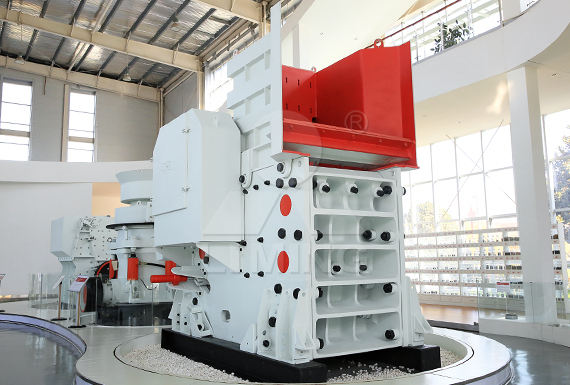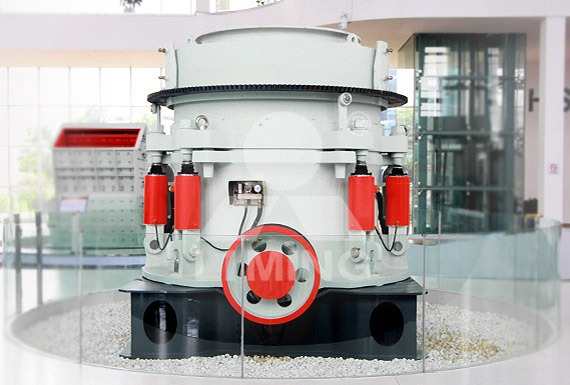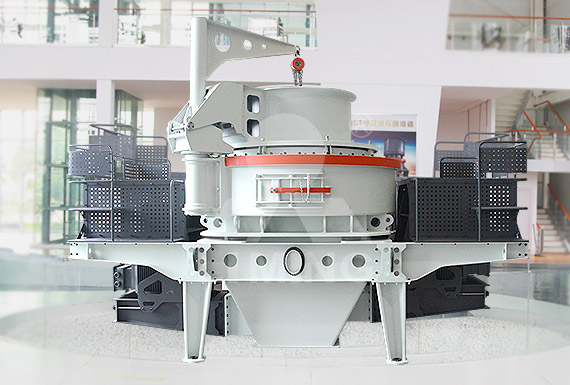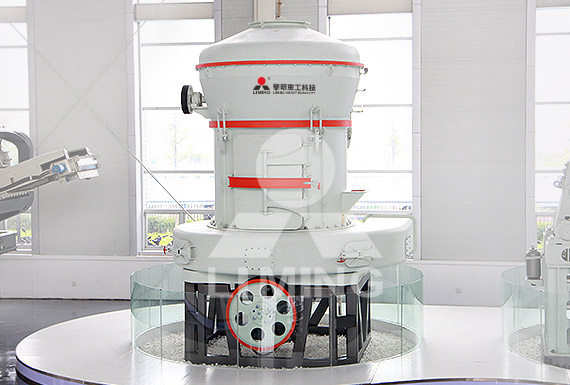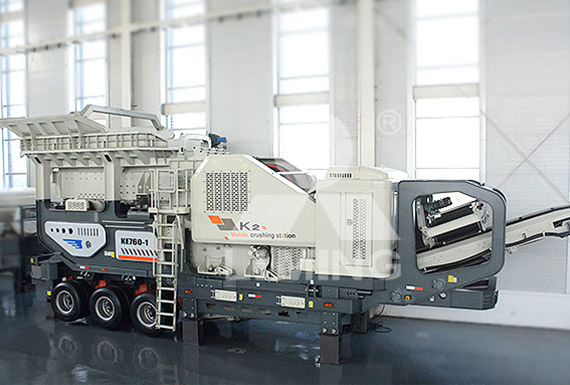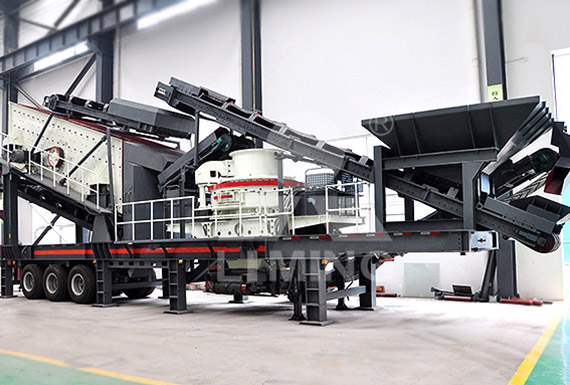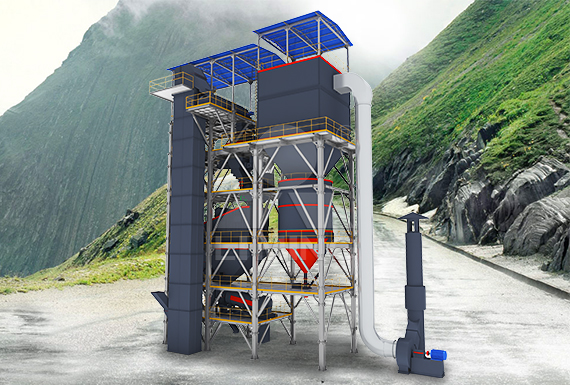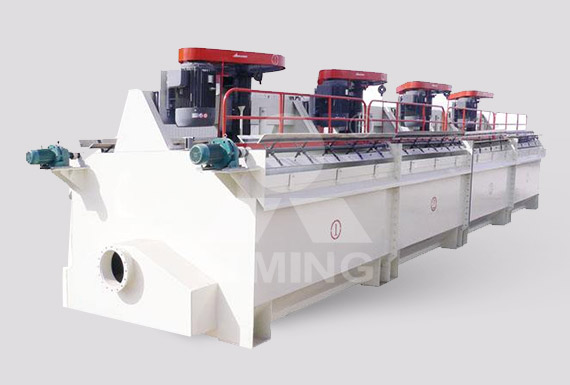المنتجات الساخنة

Technical Guidance Concrete Block Strength
2021-10-21 Our concrete blocks are suitable for use in meeting the UK structural Building Regulations and codes currently in use including Approved Document A of the Building Regulations, BS 5628, BS EN 1996-1 and BS 8103. The 'Conditions' table indicates the minimum block strength required. That is, where a 2.9N/mm2 block is indicated, a 3.6N/mm2,
Contact
Properties of Concrete Blocks — Strength
It is probably safe to assume that the minimum crushing strength of well-made blocks, 1 to 5, is 1,000 pounds per square inch at 1 month and 2,000 pounds at 1 year. A block 12 inches wide and 24 inches long has a total surface of 288 square inches, or, deducting ⅓ for openings, a net area of 192 inches. Such a block, 9 inches high, weighs 130
Contact
Compressive strength of concrete block in N/mm2 and
2022-5-13 What is the compressive strength of concrete block in N/mm2 and Kg/cm2. Compressive strength of concrete block as IS code:- As per IS : 2185 (Part I) 1979, the min. average (of 8 samples) compressive strength is 5 MPa, with individual value not lesser than 4 MPa and As per IS : 2185 (Part II) 1983, (Light Wt.) the min. average (of 8 samples)
Contact
Compressive Strength Of Block Concrete Crushing Plant
2021-10-14 Typical products have minimum crushing strength of Table 2.1 The Crushing Strength of Sandcrete blocks BLOCK TYPE CONCRETE DENSITY STRENGTH N/mm2 3 Kg/m Dense aggregate 1500-2100 2.8-3.5 Lightweight aggregates 700-1500 2.8-10.5 Autoclaved aerated 400-900 2.8-7.5 Adopted from Alan Everett (1994) RESEARCH METHODOLOGY
Contact
6.1.8 Concrete blocks NHBC Standards 2022
For one and two storey homes, blocks with a minimum compressive strength of 2.9N/mm 2 could be used. For three storey homes or those with storey heights over 2.7m, 7.3N/mm 2 blocks are required for certain parts of the structure, unless structural design shows that strengths lower than 7.3N/mm 2 are suitable. Freeze/thaw and sulfate attack
Contact
What is the minimum required compressive strength for
When using the recalibrated unit strength table above, a concrete masonry unit complying with the minimum requirements of ASTM C90 and laid in Type S or M mortar produces an assembly compressive strength of 2,000 psi (13.8 MPa), which is substantially larger than the historical default minimum of 1,500 psi (10.3 MPa) used for the specified
Contact
(PDF) Strength and Durability of Concrete Paver Block
From above test results, For compressi on test, the. compressive strength of paver. blocks o f 80mm thickness with 2.5. % of fiber gives maximum 28 days. strength is
Contact
Compressive strength of concrete block in N/mm2 and
2022-5-8 Conclusion:-. For ultra low density hollow or solid, non- load bearing concrete blocks, their minimum compressive strength is 3.5N/mm2 or 35kg/cm2. For denser, higher weight, hollow or solid, load bearing concrete blocks, their maximum compressive strength is 17.5N/mm2 or 175kg/cm2. For normal, medium weight, hollow or solid, load bearing
Contact
Standard Specifications of Hollow and Solid Concrete Blocks
3. Classification of Concrete Blocks. The hollow concrete blocks shall be classified in the following four types: 1. Grade ‘A’ These are used as load-bearing units and shall have a minimum block-density of 1500 kg/m 3. The concrete blocks shall be manufactured for minimum compressive strengths of 3.5, 4.5, 5.5, and 7.0 N/mm 2 respectively
Contact
Testing of Concrete Masonry Blocks for Compressive
Concrete masonry blocks are generally made of cement, aggregate and water. Which are usually rectangular and are used in construction of masonry structure. They are available in solid and hollow forms. The nominal dimensions of concrete masonry block vary as follows: Width: 50, 75, 100, 150, 200, 250 or 300mm.
Contact
6.1.8 Concrete blocks NHBC Standards 2022
For one and two storey homes, blocks with a minimum compressive strength of 2.9N/mm 2 could be used. For three storey homes or those with storey heights over 2.7m, 7.3N/mm 2 blocks are required for certain parts of the structure, unless structural design shows that strengths lower than 7.3N/mm 2 are suitable. Freeze/thaw and sulfate attack
Contact
Compressive Strength Of Block Concrete Crushing Plant
2021-10-14 Typical products have minimum crushing strength of Table 2.1 The Crushing Strength of Sandcrete blocks BLOCK TYPE CONCRETE DENSITY STRENGTH N/mm2 3 Kg/m Dense aggregate 1500-2100 2.8-3.5 Lightweight aggregates 700-1500 2.8-10.5 Autoclaved aerated 400-900 2.8-7.5 Adopted from Alan Everett (1994) RESEARCH METHODOLOGY
Contact
Compressive strength and deformation characteristics of
2021-6-1 Three random blocks were selected from each type and tested under compression in a 2000 kN capacity compression testing machine. AS/NZS 4456 [] was followed to determine the compressive strengths of the concrete blocks.Both types of blocks (SB and HB) were tested with face shell capping and full capping as shown in Fig. 2(a) and (b), to correlate with the face
Contact
Compressive Strength Test Of Concrete Detailed Guide
2022-5-12 The minimum value of Compressive Strength for a cube. As per IS 456, the individual compressive value of a concrete cube should not be less than 75% of its grade. Example If the concrete grade is M20, then the individual crushing value should not be less than 15 N/Sqmm. The individual crushing value difference between the cube should not be
Contact
5 Types of Concrete Crushers for Recycling Concrete Blocks
2021-10-28 Concrete block often appears after building and bridge demolition, which will cause problems like pollutions and land waste. There are mainly 5 types of concrete crushers like portable concrete crusher, mobile concrete crusher, small concrete crusher, excavator concrete crusher and bucket crusher, so you have to choose the right crushing machine according to
Contact
STANDARD SPECIFICATIONS FOR CONSTRUCTION
2012-5-17 Lightweight concrete blocks shall comply with BS EN 771: Part 3 with a minimum compressive strength of 5 N/mm2 unless otherwise stated. Aerated concrete blocks shall comply with BS EN 771: Part 4 with a minimum compressive strength of 5 N/mm2 unless otherwise stated. Decorative blocks shall comply with drawings and BS EN 771: Part 3.
Contact
Analysis of Concrete Block Masonry Using Crushed Mortar
AS per IS 2185 Part 1 (2005), IS 2250 (1981) and IS 1905 1987 concrete blocks of size (400X200X100) mm and same is. represented in Figure 2.1, prisms of
Contact
Characteristic strengths of masonry H+H
2019-4-29 771 series) block strengths in BS5628 were changed to reflect this so that, for example, an old 7.0N/mm² is now 7.3N/mm². For designs to BS5628, the characteristic compressive strength of masonry, fk, should be obtained from Tables 2a 2h (based on mortar strength and size of masonry unit). Given below are values interpolated from BS5628 Table
Contact
DESIGN OF ANCHOR BOLTS EMBEDDED IN CONCRETE
The minimum effective embedment length for anchor bolts is four bolt diameters (4d b) or 2 in. Calculated strengths for masonry crushing (Equation 7), anchor pryout (Equation 8), and anchor yielding (Equation 9) are as follows: Testing of Anchor Bolts in Concrete Block Masonry, Tubbs, J. B., Pollock, D. G., and McLean, D. I., The
Contact
Top Tips Compressive Strength v Density Robust
The compressive strength of a block is not directly related to its dry density. Indeed, there are a wide range of options when it comes to considering which block to use. You can get 7N/mm2 blocks in aircrete medium density and dense aggregate blocks for instance. When choosing the right block type to use, it’s therefore important to
Contact
Compressive strength and deformation characteristics of
2021-6-1 Three random blocks were selected from each type and tested under compression in a 2000 kN capacity compression testing machine. AS/NZS 4456 [] was followed to determine the compressive strengths of the concrete blocks.Both types of blocks (SB and HB) were tested with face shell capping and full capping as shown in Fig. 2(a) and (b), to correlate with the face
Contact
The strength of hollow concrete block walls, reinforced
2021-2-11 The materials used in the infilled concrete consist of Portland Pozzolan Cement and water as well as fine sand, coarse sand, and gravel obtained from the Krueng Aceh River with the physical properties and gradation provided in Table 1, Table 2.The mix proportion of the infilled concrete mixture which was marked as IC1 was designed based on ACI 211.1-91 (2002) with
Contact
STANDARD SPECIFICATIONS FOR CONSTRUCTION
2012-5-17 Lightweight concrete blocks shall comply with BS EN 771: Part 3 with a minimum compressive strength of 5 N/mm2 unless otherwise stated. Aerated concrete blocks shall comply with BS EN 771: Part 4 with a minimum compressive strength of 5 N/mm2 unless otherwise stated. Decorative blocks shall comply with drawings and BS EN 771: Part 3.
Contact
Compressive Strength of ConcreteConcrete Cubes
2016-7-7 The strength of concrete is controlled by the proportioning of cement, coarse and fine aggregates, water, and various admixtures. The ratio of the water to cement is the chief factor for determining concrete strength. The lower the water-cement ratio, the higher is the compressive strength. The capacity of concrete is reported in psi pounds
Contact
5 Types of Concrete Crushers for Recycling Concrete Blocks
2021-10-28 Concrete block often appears after building and bridge demolition, which will cause problems like pollutions and land waste. There are mainly 5 types of concrete crushers like portable concrete crusher, mobile concrete crusher, small concrete crusher, excavator concrete crusher and bucket crusher, so you have to choose the right crushing machine according to
Contact
Analysis of Concrete Block Masonry Using Crushed Mortar
AS per IS 2185 Part 1 (2005), IS 2250 (1981) and IS 1905 1987 concrete blocks of size (400X200X100) mm and same is. represented in Figure 2.1, prisms of
Contact
Characteristic strengths of masonry H+H
2019-4-29 771 series) block strengths in BS5628 were changed to reflect this so that, for example, an old 7.0N/mm² is now 7.3N/mm². For designs to BS5628, the characteristic compressive strength of masonry, fk, should be obtained from Tables 2a 2h (based on mortar strength and size of masonry unit). Given below are values interpolated from BS5628 Table
Contact
DESIGN OF ANCHOR BOLTS EMBEDDED IN CONCRETE
The minimum effective embedment length for anchor bolts is four bolt diameters (4d b) or 2 in. Calculated strengths for masonry crushing (Equation 7), anchor pryout (Equation 8), and anchor yielding (Equation 9) are as follows: Testing of Anchor Bolts in Concrete Block Masonry, Tubbs, J. B., Pollock, D. G., and McLean, D. I., The
Contact
Top Tips Compressive Strength v Density Robust
The compressive strength of a block is not directly related to its dry density. Indeed, there are a wide range of options when it comes to considering which block to use. You can get 7N/mm2 blocks in aircrete medium density and dense aggregate blocks for instance. When choosing the right block type to use, it’s therefore important to
Contact
What Is the Load Bearing Capacity of Different Sized
The material used in the construction of a concrete block affects its load bearing capacity. For instance, a 10-by-8-by-16-inch concrete block made with stone dust may support more weight than a 15-by-12-by-24-inch block made with sand, because stone dust exhibits greater weight and strength than sand. Also, some concrete blocks exhibit holes
Contact